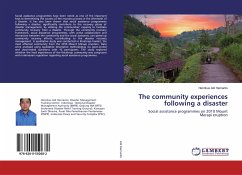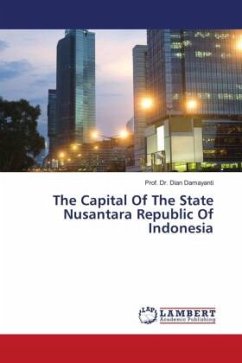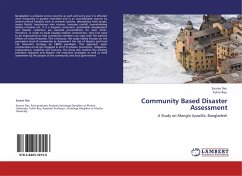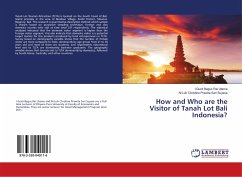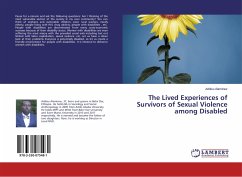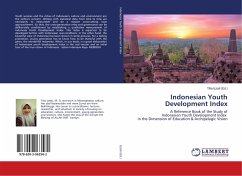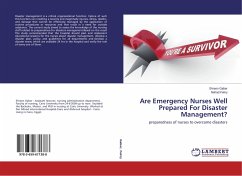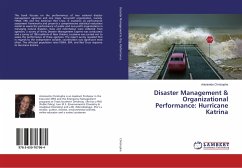Social assistance programmes have been noted as one of the important keys to determining the success of the recovery process in the aftermath of a disaster. It has also been shown that social assistance programmes following a disaster, significantly contribute to the recovery phase of disaster management, by utilizing the communities' capacity to facilitate community recovery from a disaster. Through the community recovery framework, social assistance programmes, with active collaboration and interaction between the community and the social assistants, can speed up community recovery efforts; contributing to the disaster recovery management. A qualitative study was conducted in Kinahrejo hamlet, the most affected community from the 2010 Mount Merapi eruption. Data were analysed using qualitative descriptive methodology via open-ended and close-ended questions with 10 participants. The study explored whether the lived experiences of the Kinahrejo community was congruent with Indonesian regulation regarding social assistance programmes.

